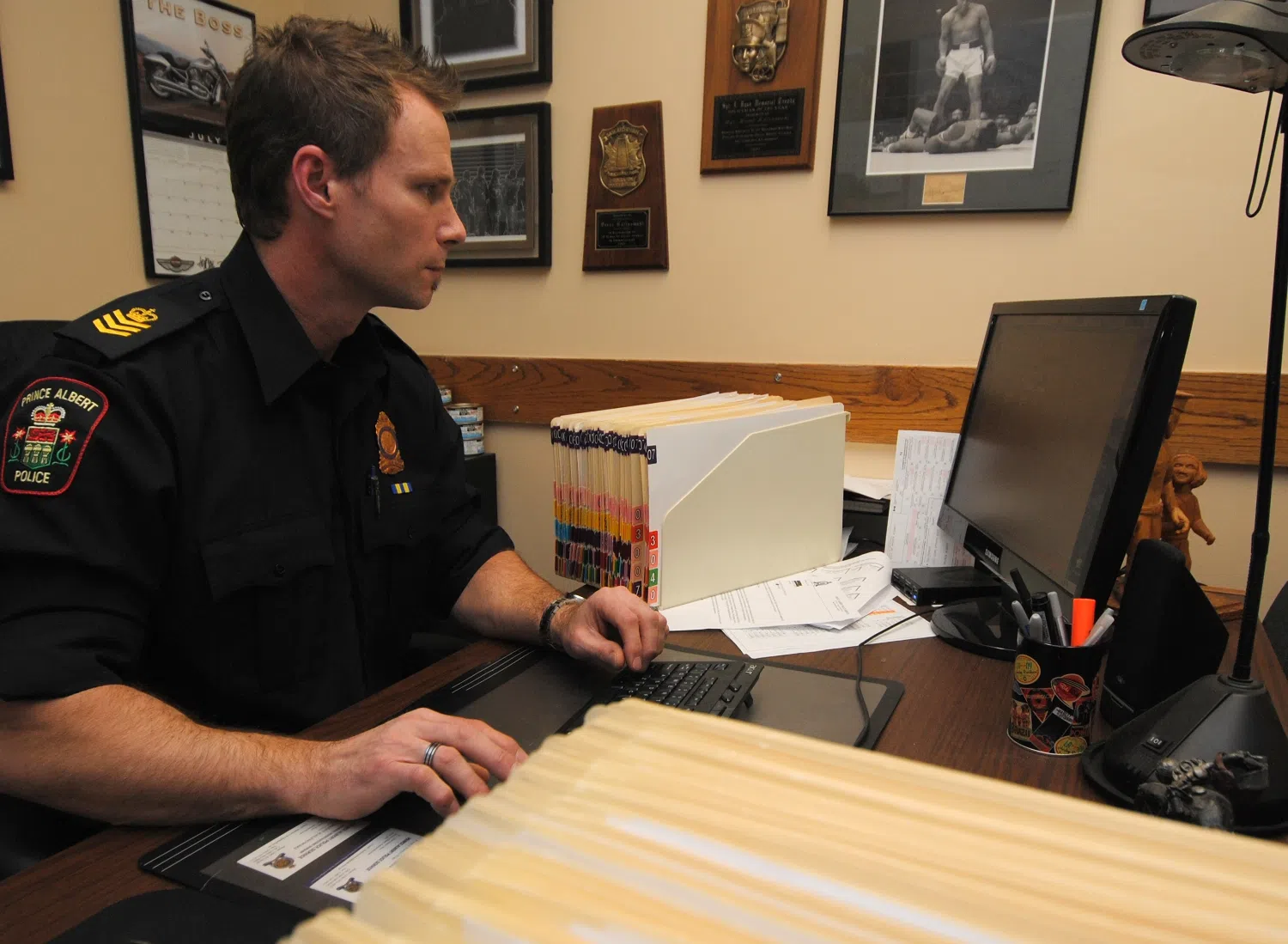
Police to start new missing persons procedures
The Prince Albert Police Service is starting a new program to deal with the skyrocketing number of missing persons files received each year.
Expected to start in February, the new program will redefine who is a missing person. Dispatchers will take more of the missing person’s information and history in order to better understand the situation before dispatching officers.
The reason behind the program is that there are too many frivolous reports, said Sgt. Brent Kalinowski ,with the service’s Family Safety Unit.
“A lot of white noise was happening,” he said.


